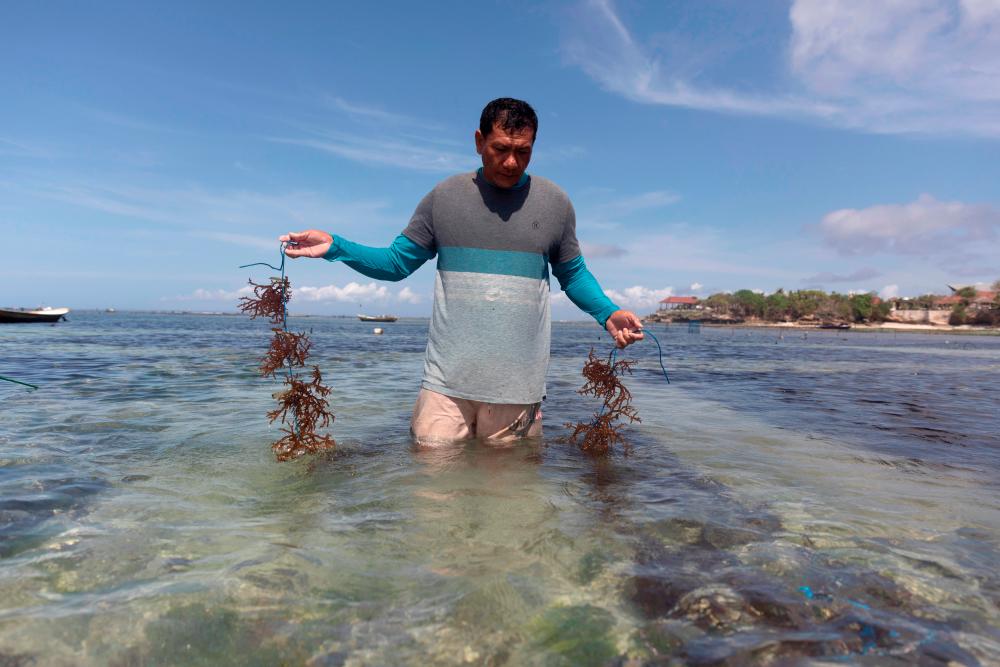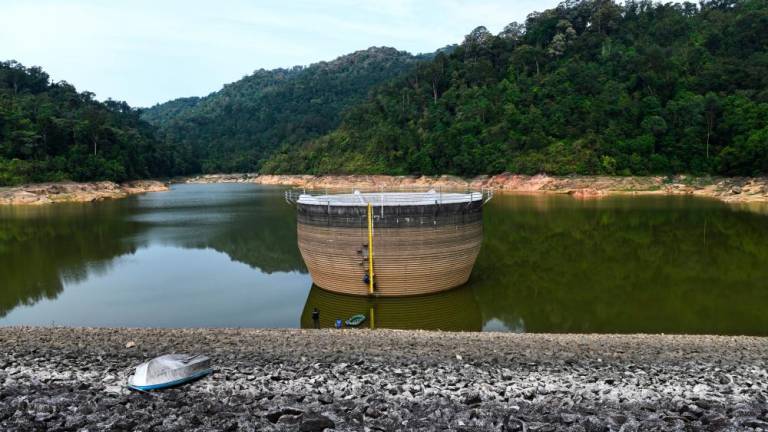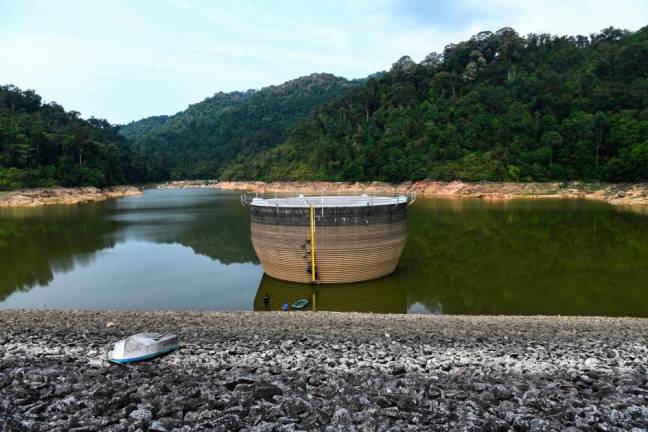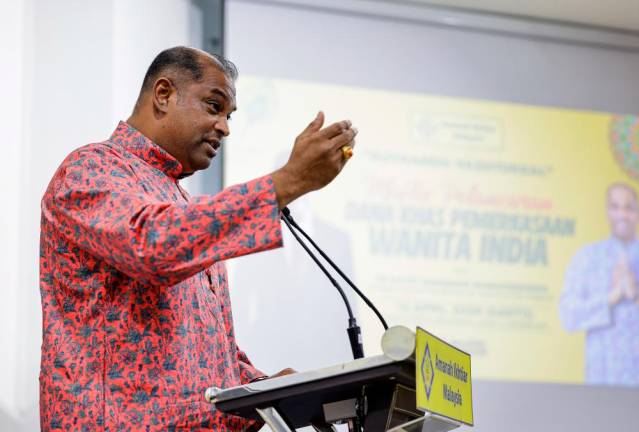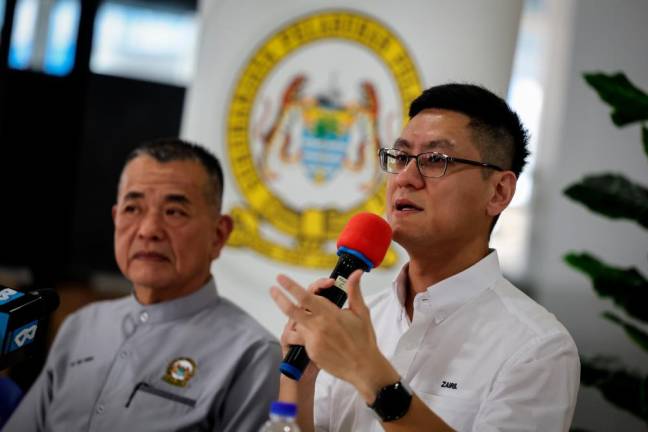BEFORE the coronavirus pandemic took its grip on Indonesia, the pristine beaches of Lembongan island lapped by the Indian Ocean were dotted with sunbathing tourists from across the globe.
Now, with many visitors gone and the economy in tatters, locals are often seen carrying baskets laden with seaweed up the shore amid a shift back to former ways of making a living.
“I feel sad because we lost our jobs and now we have to start from scratch,“ said I Gede Darma Putra, 43, a native of Lembongan, who used to guide tourists as a dive master.
Like many locals on this speck of an island about 50 km (30 miles) off Bali, he and his wife Kadek Kristiani now wade through pristine waters to gather seaweed growing on lines.
Bali normally attracts millions of visitors a year, many attracted by beaches in spots like Lembongan, but plans to reopen to foreign tourists have been postponed indefinitely due climbing COVID-19 cases in Indonesia.
With many restaurants and bars shut on the island, drying seaweed fills the streets as tourism workers return to an industry that died down a decade ago, despite Indonesia’s status as the world’s second-biggest seaweed producer behind China.
“Farmers are starting to plant seaweed again,“ said Boedi Sarkana Julianto of Indonesia’s Natural Resources Network. - Reuters



